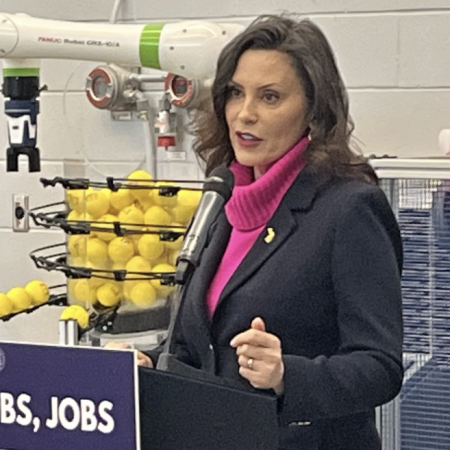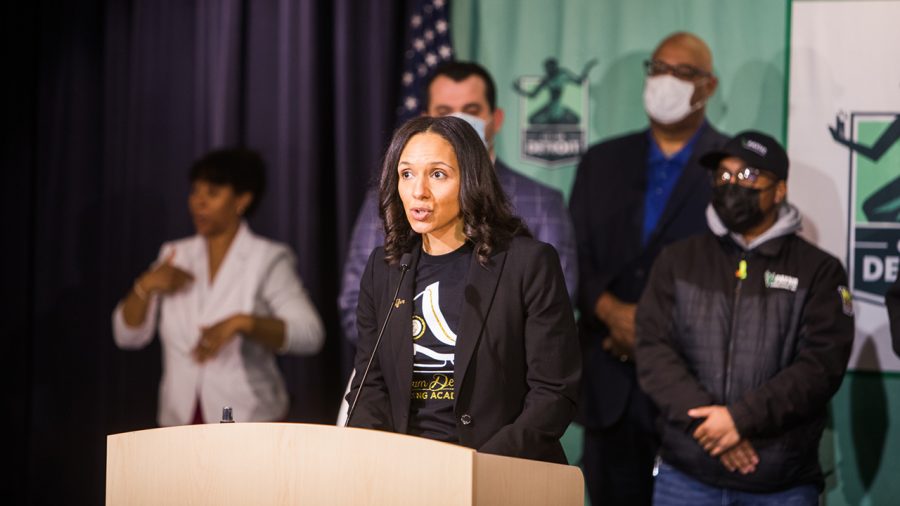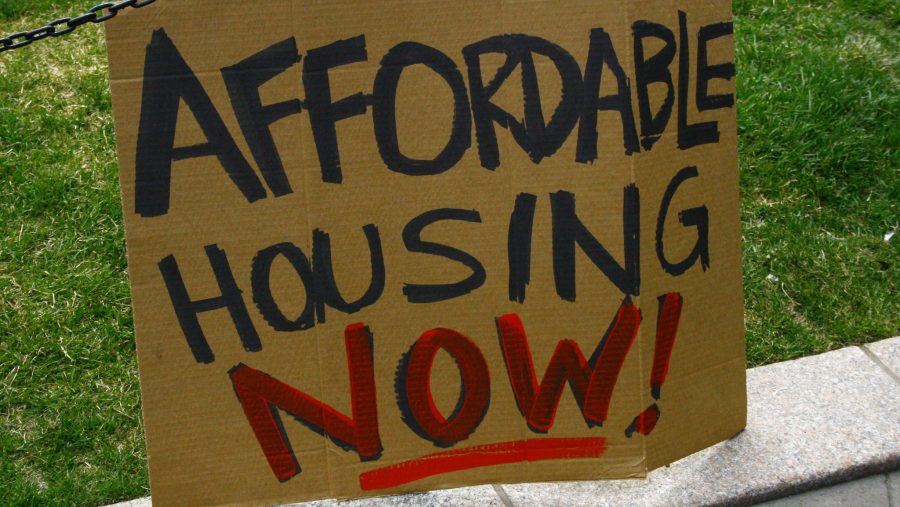Whitmer sets goal of winning microchip factory before leaving office
Gov. Gretchen Whitmer would like to cap her second term by landing a massive microchip factory for Michigan before she leaves office at the start of 2027.
Whitmer delivered a brief address from a pristine, high-tech training lab at Kettering University in Flint, where she set the “ambitious, but attainable goal.”
“This would be a transformational, once-in-a-century investment,” she said. “It would change the destiny of an entire region and state – making it an economic magnet for ambitious families to move here and to put down roots, and it’s exactly what we need.”
She said landing chip factory, colloquially called a fab, would build on Michigan’s industrial legacy by bringing a semiconductor supply chain to the state.
“We cannot sit on our hands while other states and countries, without our manufacturing advantages, pass us by,” she said.
The Democratic governor said thousands of construction and modern factory jobs are at stake. The governor did not name a specific project or outline a plan, but she mentioned speaking to President Donald Trump at a White House dinner about a project in Genesee County, which is creating an advanced manufacturing zone.
“It’s nearly 1,200 square acres and it is a perfect opportunity to attract the type of investment that the governor was talking about today,” said Tyler Rossmaessler, executive director of the Flint & Genesee Economic Alliance. “Something that would create thousands of jobs, create good-paying jobs, provide billions of dollars of investment.”
Whitmer has faced pushback from Republicans and Democrats in the Legislature on her signature business incentives program. Critics say state incentive programs have lacked transparency and failed to deliver on promised jobs. House Speaker Matt Hall (R-Richland Twp.) has proposed moving money from the Strategic Outreach and Attraction Reserve fund to pay for roads. Progressives have also line up against the incentives, arguing public money should not be spent on corporate welfare.
“There are some on the far left and the far right in Lansing who say we should unilaterally disarm, just get rid of those tools and let the jobs go to Georgia, Kentucky, Arizona or, god forbid, Ohio,” said Whitmer. “I say, hell no.”
Trusted, accurate, up-to-date.
WDET strives to make our journalism accessible to everyone. As a public media institution, we maintain our journalistic integrity through independent support from readers like you. If you value WDET as your source of news, music and conversation, please make a gift today.Donate today »
The post Whitmer sets goal of winning microchip factory before leaving office appeared first on WDET 101.9 FM.














